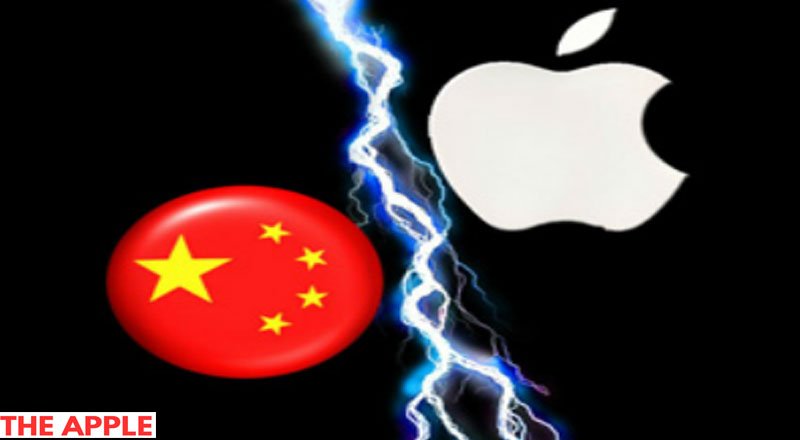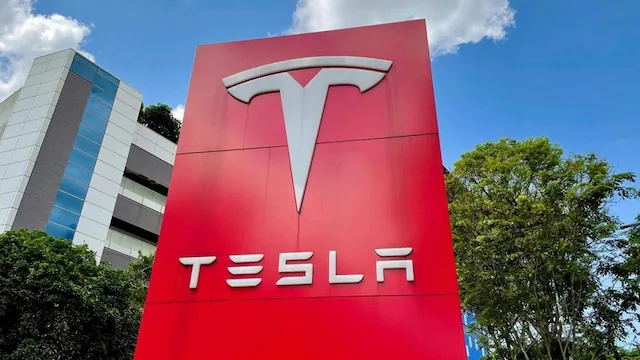
The Apple-China Equation: Relief and Reliance
Apple's reliance on China's manufacturing prowess, built over decades, faces increasing scrutiny amid escalating trade tensions. The company's strategy, under Tim Cook's leadership, of establishing a vast supply chain in China, leveraging its cost-effective workforce, now presents a complex geopolitical challenge.
Recent tariff threats from the U.S. government, which initially included substantial levies on Chinese-made electronics like iPhones, posed a significant risk to Apple's profit margins.
To mitigate this impact, Apple has initiated a diversification strategy, notably expanding iPhone production in India. While China remains the primary manufacturing hub, accounting for approximately 80% of iPhone output, India's contribution has grown to 14-15%. This shift, evidenced by iPhone shipments leaving Chennai's airport, reflects Apple's attempt to reduce its dependence on China.
The company's intricate supply chain, involving over 1,000 Chinese suppliers, was meticulously constructed, fostering competition and driving down costs. Manufacturing partners like Foxconn have established massive facilities, such as "iPhone City" in Zhengzhou, highlighting the scale of this operation. However, replicating this ecosystem elsewhere proves difficult.
Apple's profitability, with over 80% of global smartphone production profits despite a smaller market share, is largely attributed to this efficient Chinese supply chain. Alternatives like India, while offering a large workforce, present logistical challenges and bureaucratic hurdles. Apple's Indian operations, centered in southern states with streamlined processes, illustrate this complexity.
The company's supply chain, involving intricate processes like the "taptic engine" production, underscores the difficulty of replicating Chinese manufacturing efficiency. The availability of skilled and low-skilled labor, coupled with China's flexible mobile labor system, provides Apple with a unique advantage.
Tim Cook's ability to navigate political landscapes, both in the U.S. and China, has been crucial in safeguarding Apple's operations. Strategic investments in China, coupled with successful tariff exemptions, demonstrate his political acumen. Moreover, Apple's resilience during China's Covid-19 lockdowns highlights its operational adaptability.
Apple's growth, marked by a substantial increase in iPhone sales and market capitalization, underscores Cook's supply chain expertise. However, the long-term sustainability of this model, given evolving geopolitical dynamics, remains uncertain. The company's ongoing diversification efforts, particularly in India, represent a strategic move to address these challenges.









